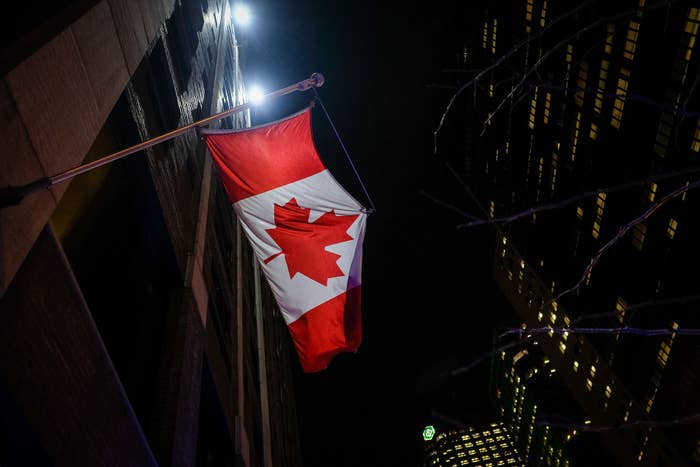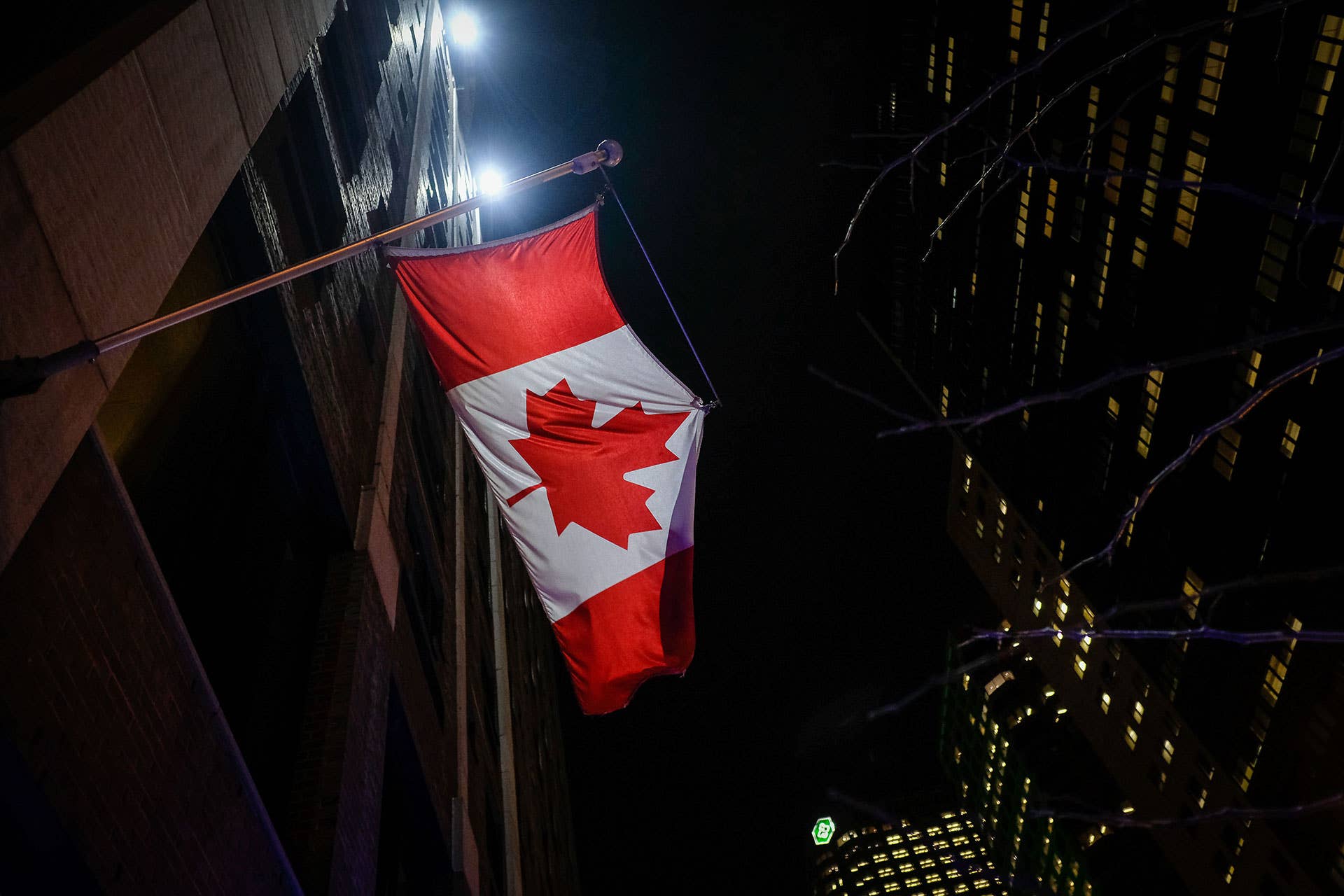
Canadians are struggling. Omicron showed up at the party like an uninvited frat boy simply too big and scary to bounce. We’ll just be down here in the basement playing Mario Kart if you need us…
A number of studies seem to confirm what you may already be feeling: it’s pretty unhappy in Canada right now. One report on Canada’s pandemic health and substance use from Toronto’s Centre for Addiction and Mental Health (CAMH) found that Canadians are experiencing anxiety, depression, and loneliness at the highest rate since the onset of the pandemic.
The study touched base with 1,004 Canadians between Jan. 7 and 11 this year, and found that over a quarter (25.1 percent) of respondents report feeling “moderate to severe anxiety,” up from the 19 percent logged in the previous study performed in July 2021. Loneliness and depression followed suit, rising from 18.8 percent to 24.1 percent and 18.6 percent to 23.3 percent respectively.
Even sadder, is that the misery seems to be shouldered by some groups more than others. Namely young people, women, parents with children under 18, and those working in positions that put them at high risk of contracting COVID-19. Be kind to that Popeyes employee.
“While people are incredibly resilient, as this pandemic wears on it’s the people working on the frontlines who are among the most affected,” said Dr. Samantha Wells, survey co-lead and Senior Director at the Institute for Mental Health Policy Research at CAMH. “Many, especially those in the healthcare sector, face significant stressors and unfortunately they risk reaching the point of burnout. Many people will eventually recover, but others may suffer. We need to make sure there are supports for those most affected.”
The study also found that the fear of contracting COVID-19 had doubled from 14.2 percent to 28.3 percent.
A second report published this week by non-profit research group Angus Reid backs up the depressing depression statistic, putting the national rate at 23 percent, while offering the even more sobering figure of 1 in 3 Canadians reporting struggles with their mental health. That stat is up from 1 in 4 during pre-Omicron November 2021. The study also suggests 37 percent of Canadians report feelings of anxiety, 40 percent frustration, and almost half (48 percent) fatigue.
And as if we needed more proof of how hard things have been on our collective psyche, the Fraser Institute recently reminded Canadians why they, perhaps more than any other country, should be paying attention to the recent Misery Index that ranked Canadians as the sixth most miserable of any industrialized nation in 2021, falling in line behind Sweden, Iceland, Italy, Greece, and Spain.
If you’re feeling like a sadboi and like the only play is to sit around waiting for Omicron to fuck off, the economy to collapse, or both, just remember to keep popping those vitamin D supplements and get your steps in. Oh, and don’t forget about Mario Kart.

